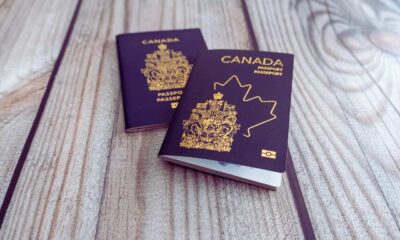Work in Canada
Canada Updated its Median Hourly Wages For the Temporary Foreign Worker Program

After May 31st, all Canadian provinces and territories (apart from Nunavut) will see a rise in the median hourly salary. The province and territorial median hourly salary are used by Canadian employers to determine the requirements for the Temporary Foreign Worker Program (TFWP). Employers will need to file for a Labour Market Impact Assessment (LMIA) under the stream for high-wage or low-wage positions, each having their own requirements, depending on the location of the position and the salary being given to the employee. Employees are seen as having low wages if their pay is below the provincial or territorial median wage and as having high wages if their pay is at or above the median.
An Overview of the Temporary Foreign Worker Program
Employers in Canada are permitted by the TFWP to employ foreign workers to fill positions there. Employers wishing to fill positions under the TFWP must complete the Labour Market Impact Assessment (LMIA), a labor market test administered by the Canadian government.
The LMIA guarantees that if a company recruits a foreign worker, there will be a favorable or neutral effect on the Canadian labor market. Before beginning work under the TFWP for a Canadian employer, a foreign citizen must first obtain an LMIA and a temporary work permit.
You need to submit transition plans with the LMIA if you want to hire a high-wage worker. You do not have to provide a transition plan with the LMIA if you intend to hire low-wage workers. Instead, in order to limit access to the TFWP, the Canadian government imposes a limit on the number of low-wage workers that a company may hire.
Employers who offer wages below the provincial/territorial median are required to:
- Pay for the temporary foreign worker’s round-trip transportation; Make sure there is access to affordable housing;
- Until employees are qualified for provincial health care, pay for private health insurance;
- The provincial or territorial workplace safety board should receive a temporary foreign worker’s registration;
- and a contract between the employer and the employee.
Last but not least, Employment and Social Development Canada (ESDC) will assess the application and determine whether any competent Canadians are being passed over in favor of the foreign worker.


























